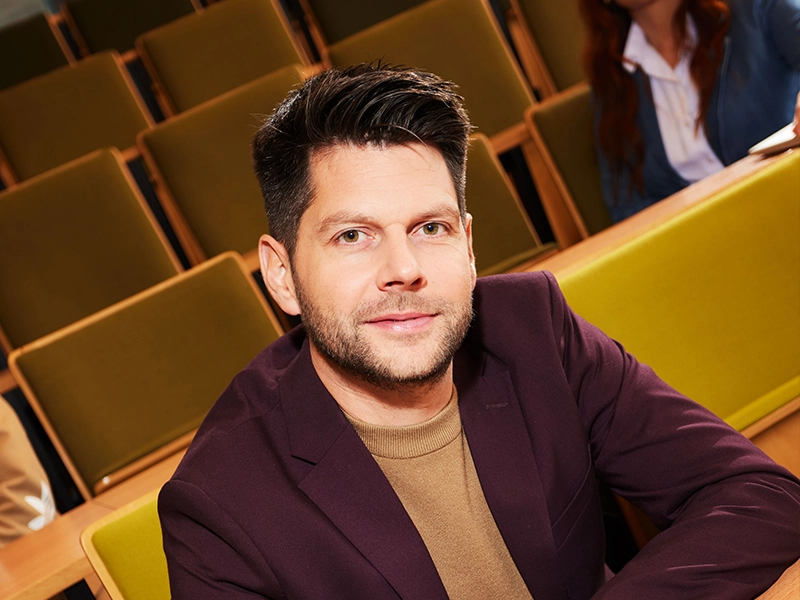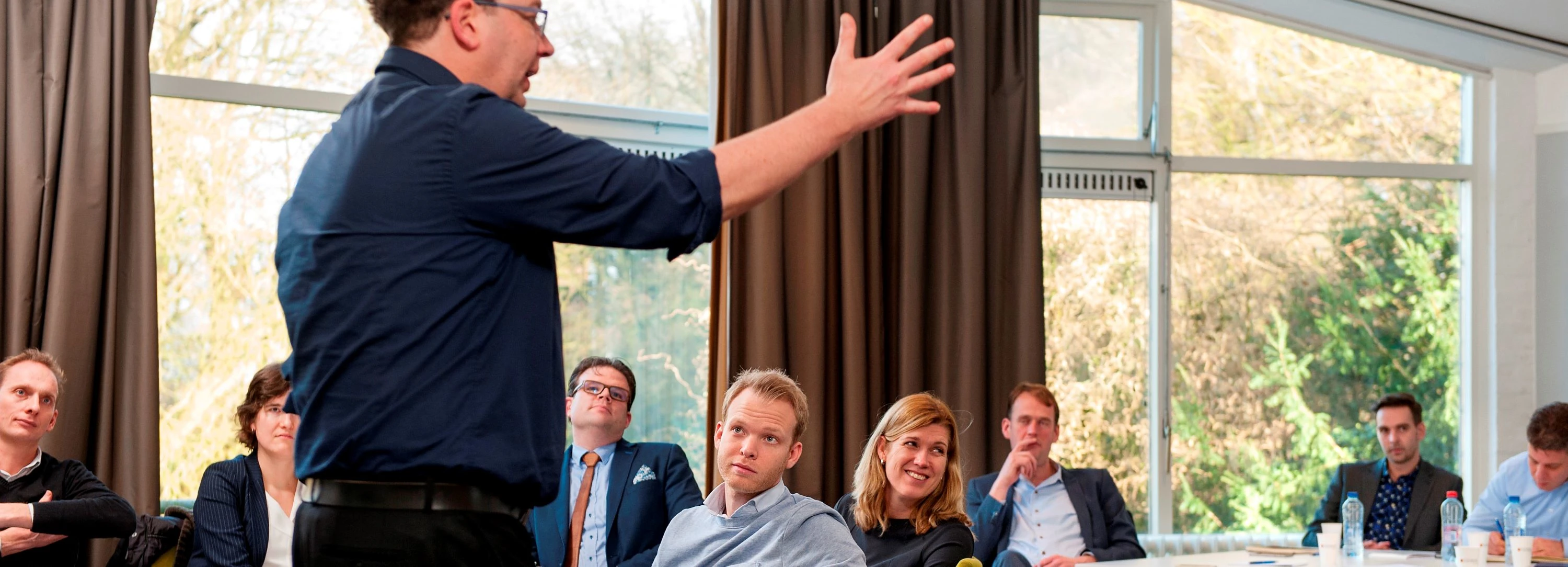Since December 2022, there is a new Corporate Governance Code in place. This Code states that business leaders are responsible for sustainable long-term value creation and that companies must draw up policies for diversity and inclusion. Tineke Lambooy, Professor of Corporate Law at Nyenrode Business Universiteit, explains how business leaders can embed ESG (Environment, Social, Governance) values in their strategy.
“We often talk about economic growth, but the question is what we mean by that”, says Lambooy. “Linear growth is at odds with ESG values, because we have to move towards a circular economy in which all raw materials and waste streams are reused and in which we use sustainable energy sources. Circularity should also be paramount in water and soil use. The transition from the linear to a circular economy starts with the business leaders of companies.”
Mapping the value chain
“For many companies, it is a challenge to find out what impact their business activities have on people, future generations and on nature”, explains Lambooy. She is therefore a strong supporter of a due diligence investigation as part of international corporate social responsibility (ICSR). “To be able to develop a sustainable business strategy, business leaders should start by mapping the entire value chain”, according to Lambooy. “This investigation starts with the origin and production of raw materials and ends with the processing of waste from companies and consumers. Once the value chain is known, it can be analyzed for ecological impact, but also for possible violations of labor rights and human rights.” Conversely, it is also important to investigate how ESG factors, such as climate change, the loss of biodiversity and growing water shortages, (will) affect business operations. That is the dual materiality that needs to be explored from a risk perspective.”
Collaboration with stakeholders
Collaboration with stakeholders is essential if you want to get a better picture of both the possible problems and their solutions, according to Lambooy. Stakeholders can also be involved in the impact analysis. For example, take the international CSR covenant for the Metal Industry, of which Lambooy is the independent chairman. This is where companies, trade associations, non-governmental organizations, trade unions and the government join forces to promote international corporate social responsibility. Circularity and the prevention of labor and human rights violations are key. "In the past, these groups were often diametrically opposed, but in recent years that has changed. It is better for your company if you work together with your stakeholders at every stage of the sustainability transition. I would advise the business leaders of every company to become a member of an ICSR industry covenant or to start a new covenant for their industry”, adds Lambooy. “This will help companies to take it one step further and to embed stakeholder engagement in the company's governance model. Great examples are the clothing brand Patagonia and the cosmetics company Faith in Nature. Stakeholders may also include representatives of future generations or nature conservation organizations.”
Learning from social enterprises
Studying a business model of a social enterprise within one's own industry can be helpful in developing a sustainable business strategy, according to Lambooy. “A major difference from an ‘ordinary’ business is that a social enterprise has already set itself the goal of solving or contributing to the solution of a social problem at its incorporation. Consider, for example, the social enterprise Autitalent, which is dedicated to guiding people on the autistic spectrum to a good workplace. Dopper is also a great example. With the 'Dopper reusable bottle', the company wants to prevent disposable plastic bottles from ending up in the ocean. And Tony's Chocolonely wants all chocolate to be produced 100% slave-free, to which end it works together with permanent cocoa producers. Another good example is that of Fairphone, the manufacturer of mobile phones that puts sustainability in the electronics industry and fair labor practices first. The objective of this social enterprise is to challenge the major telephone manufacturers to make their production system circular. When you, as a business leader, compare your own company with a social enterprise, it is important to consider: what are they doing differently and what can we learn from it?”
Personal values
In practice, there often appears to be a discrepancy between the personal values of the business leaders and the extent to which the organization pursues and actually implements ESG values. “Most people don't want their behavior to harm nature or violate human rights. Yet this does happen in many production and service chains. There are very few products and services that are developed and produced in a completely sustainable way. By that I mean: they do not cause any damage whatsoever. Both business leaders and employees of companies sense that things in the production process have to change. Employees often do not have the power to make those changes, but the people in the boardroom do. It is important for business leaders to learn to act based on their own ethics and address these to each other openly. Moreover, it is also the duty of the business leaders to have that conversation with the employees and to involve them in devising innovative solutions.”
Dare to dream
“I sometimes do an immersion exercise with people from a particular industry or company to practice long-term thinking. During that exercise, we try to look two or three generations ahead. Then I ask participants to think of what the best possible version of a circular and fair production process could be. This often leads to fun and original ideas, such as a small recycling point on every corner of the street, to process all materials separately via underground systems. Actually, daring to dream is a requirement for getting to a sustainable business strategy.”
KPMG and Nyenrode have set up the ESG Innovation Institute to help organisations make the transition to sustainability. Organisations can create added value in their business operations by balancing financial and economic results, transparency, social interests and the environment. We aim to make the latest ESG knowledge, skills and ecosystem accessible to executives who want to accelerate the route to sustainability in a professional and informed way.
Prof Dr Tineke Lambooy is Professor of Corporate Law at Nyenrode Business Universiteit. She is part of Nyenrode's Faculty Research Center for Entrepreneurship, Governance & Stewardship.
Related programs
-
Modular Executive MBA in Business & Sustainable Transitions
Start date: spring & autumnLanguage:- Dutch
Location:- Breukelen
The Modular Executive MBA in Business & Sustainable Transitions focuses on transitions underway around sustainability.
View program
-
Digitalization and Boardroom Dynamics - Modular MBA Elective
Start date: 17 March 2025Language:- English
Location:- Breukelen
The module Digitalization and Boardroom Dynamics looks at technology's effect on the board. Part of the Modular Executive MBA Business & IT.
View program

e.jpg?sfvrsn=9a499514_5)